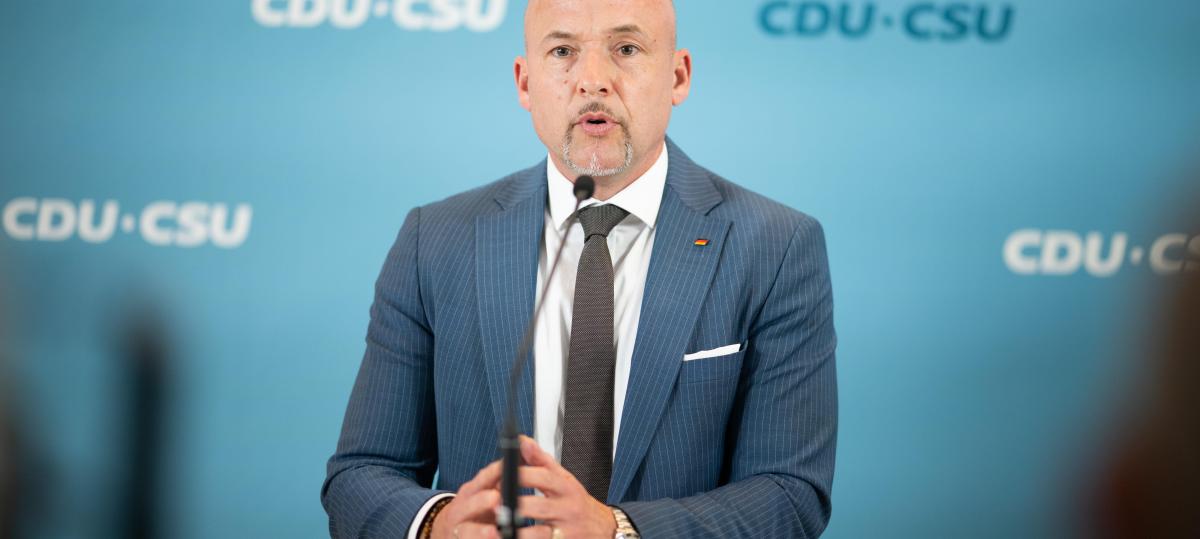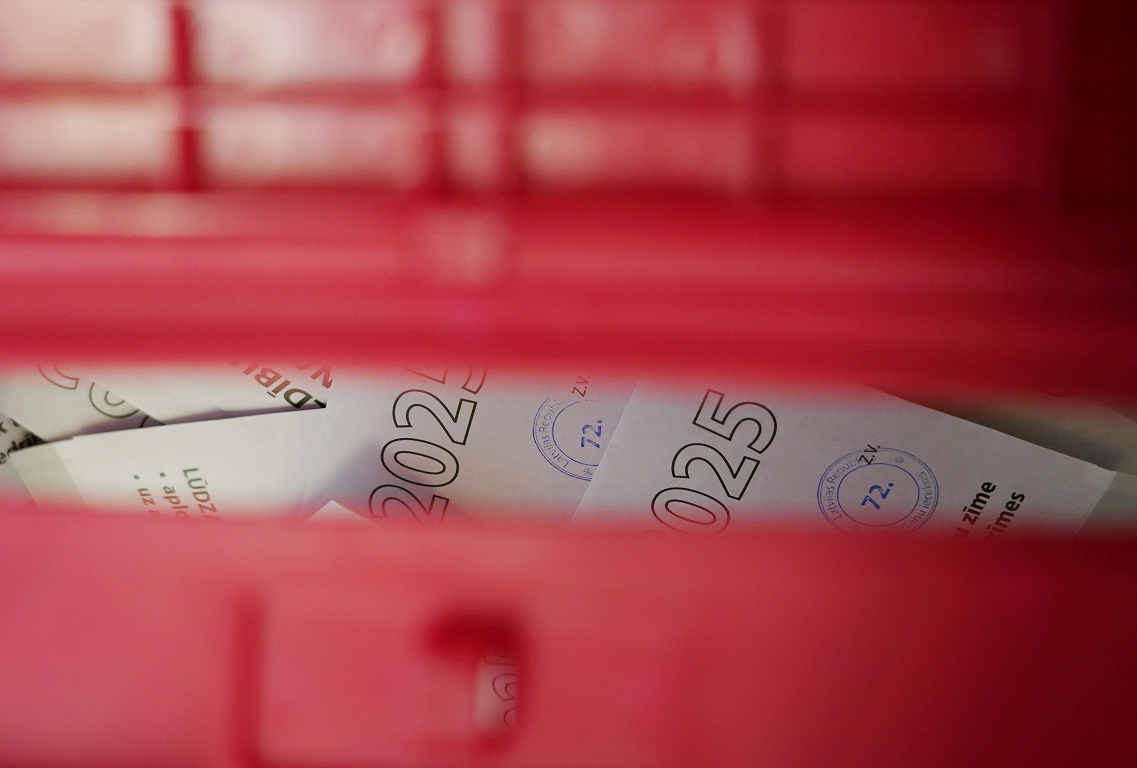The entire Balkans boycott supermarkets for high prices, while in Albania people buy it!

Due to the rise in food prices, citizens in the Western Balkans have called for a boycott of supermarkets. In some boycott states, there was no civic reaction in Albania and Kosovo.
One kilo of butter, country production, costs about 15 euros in Albania. Also in Montenegro and Kosovo, about 15 euros. In Northern Macedonia about 14 euros, in Bosnia and Herzegovina 18.15 euros, and in Serbia 19.05 euros.
Due to food prices, many civic initiatives in the Western Balkans call for a boycott of supermarkets.
Mass boycott in Croatia
Croatia started first and within a week sales fell by at least 53%. The giant supermarket network « Kaufland Croatia » announced it would lower prices of at least 1,000 products. On the other hand, Konzum announced that he would inject money in order to lower or raise prices for 250 local products. In the face of this massive boycott, there was also a reaction from the government, which announced it would add to the list of limited products full of 40 other products.
In Albania and Kosovo no reaction
On an Instagram page called « Citizens », calls for supermarkets were distributed from February 5 to 10. However, the reaction of the citizens has been scarce. DW visited some of these supermarkets during these dates and noticed that citizens have continued to make purchases as usual.
Two boycotts in northern Macedonia
Unlike Albania and Kosovo, in Northern Macedonia two boycotts have been made. In the first boycott, according to official data from the Directorate of Public Income, there was a decrease in sales by 46.59%. On the other hand, in the second boycott there was a smaller drop in sales, 22.12%. Beyond these figures, citizens have not stopped calls to boycott supermarkets as a measure of protest against rising prices that have been recorded in recent years.
Pricing in Bosnia and Herzegovina
There was also a boycott in Bosnia and Herzegovina, held on January 31st, where in supermarkets, unlike the past, there were a very small number of clients. The government has reacted immediately by announcing that it will raise prices of at least 50 products, but such a statement has been seen with skepticism by citizens. Also, intensified controls and penalties for unreasonable price increases, which have been announced by the Government of Republika Srpska, were not seen as credible measures to prevent further price growth. For this reason, citizens developed a second boycott on February 7, though the civic response was at lower levels compared to the first boycott.
Partial reactions in Serbia and Montenegro
In Montenegro, two boycotts have been made so far. The first boycott was held on January 31, where according to data coming from the tax administration, there has been a decrease in turnover of up to half a million euros.
On the day of boycott, sales fell by 56.14% compared to the same day last week. Even in Montenegro, calls for keeping another boycott have continued on social media, but there was no massive reaction to them.
Due to inflation and drastic price increase in Serbia, the first boycott gave effect. It was held on January 31 and according to the data coming from the tax administration, during this day there was 25% less cut fiscal coupons. In response, supermarkets raised prices, the government did not respond and therefore citizens call for a second boycott, but there is no concrete data on what the results of this boycott were.
Blonde woman with straight hair and hand under the chin looking toward the camera blonde woman with straight hair and hand under the chin looking toward the camera
Brunilda Kazani /DW /





